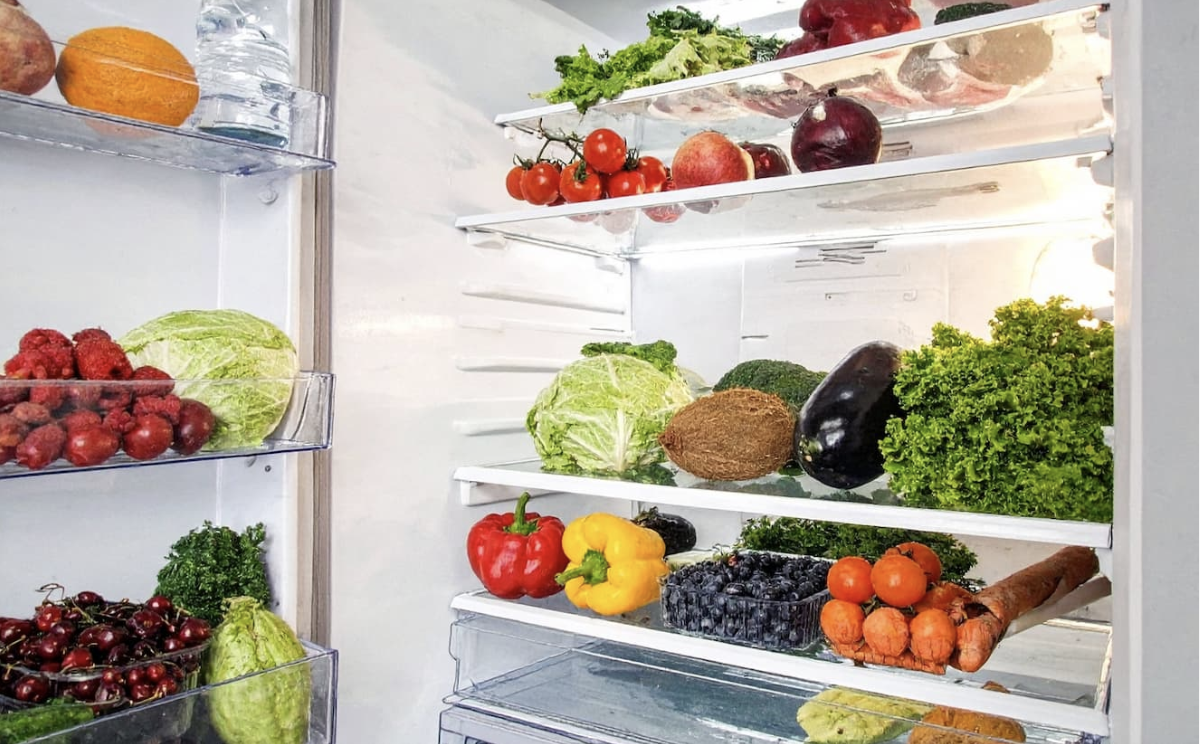Greywater
What is Greywater?
Greywater is the wastewater that we wash down our sinks, showers, tubs, and washing machines. While greywater can appear “dirty” because it often contains traces of dirt, food, grease, hair, and cleaning products, it is safe and can be a good source of irrigation water for a yard. However, if greywater is released into large bodies of water, its nutrients can become pollutants.
–
Is Greywater “good”?
Greywater is a great irrigation source for lawns. Reusing greywater from your house can save water, money (on your water bill), and keeps it out of sewers and septic tanks, from which it is most likely to make it into a nearby body of water and cause harmful algal blooms. We know a “bloom” sounds nice, but in this case, not so much. Harmful algal blooms (aka HABs) occur naturally, but also when an excess of nutrients enters a body of water (aka nutrient pollution). When excess nutrients enter a body of water, algae can grow rapidly and out of control. During these blooms, some algae produce toxins that can harm and even kill fish, mammals, and birds, and cause illnesses for humans. Installing a greywater system is a great way to combat the consequences of nutrient pollution from greywater. To implement a greywater system all you need to do is pipe your drains directly outside and you can immediately use that water to irrigate all kinds of plants. It can even be used for fruit and vegetable plants as long as the water doesn’t touch any edible part of the plant. When using greywater, one thing you have to consider is the products going down your drain and their impact on your yard and the surrounding environment. Products to avoid include those with lots of salt, boron, or chlorine bleach because they can build up in the soil and cause damage to your plants.
What kinds of products are made with greywater?
Greywater can be used to irrigate your yard and anything you grow in it. Trees, bushes, grass, even fruit and vegetable plants can be irrigated with greywater. One drawback is that greywater cannot be stored for more than 24 hours because the nutrients begin to break down and create a bad smell.
Are there certifications I should look out for?
If you or a commercial business want to set up a greywater system you would have to obtain certain permits and certifications. One of them is the NSF/ANSI 350, which establishes clear and realistic guidelines for testing of greywater and wastewater reuse treatment systems.
Still want to learn more? Check out some of our favorite references:
- 4 Rules of (Green) Thumb for Eco-Gardens
- About Greywater Reuse
- Water Reuse Systems Certification
- What is a harmful algal bloom? | National Oceanic and Atmospheric Administration
Finch is your guide to all things sustainability.
Unlock unlimited articles, comprehensive product guides, and sustainable product recommendations to help you make better decisions every day.
SubscribeLearn more about our sources and methodology
LEARN MORE










